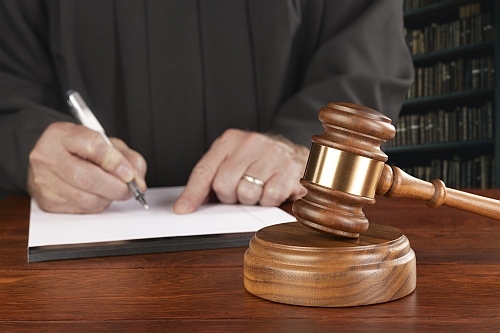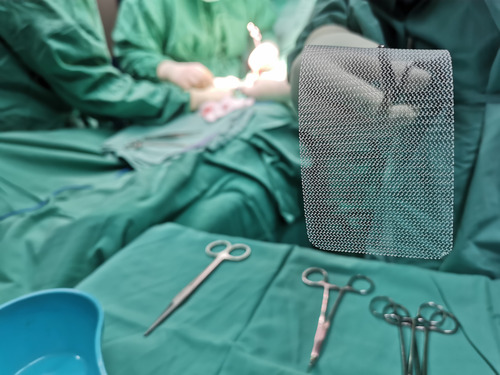If you have a mass tort litigation case, you need a very good understanding of legal mechanisms it involves. One of them is the bellwether trial – a useful instrument for settling complex legal battles involving numerous plaintiffs and a single defendant or group of defendants.
What Are Bellwether Trials?
Mass tort litigation cases often involve:
- defective products
- environmental toxins
- exposure to harmful substances.
Thus, many injured people file claims against a single entity. Trying each case separately is not possible, as it would put too much pressure on the court system and the parties involved. The concept of bellwether trials appeared as a solution to this problem.
These trials act as representative cases chosen from the large group of claims. Their main objective is to offer insights into:
- potential jury reactions
- evidentiary strengths and weaknesses
- the overall viability of legal arguments presented in the broader litigation.
Their outcome helps making informed decisions, potentially paving the way for settlement negotiations or adapting subsequent trial strategies.
When Is a Bellwether Trial Required
In the US, most mass tort cases usually involve bellwether trials. This practice aligns with the U.S. Code § 1407, which often governs multidistrict litigation (MDL). When presiding over an MDL, a judge can order bellwether trials if such action can:
- streamline the litigation process and make it more efficient and convenient for all parties
- speed up the resolution of the broader case, reducing overall time and resources
- Protect the rights of all parties involved, ensuring fair and equitable proceedings.
The Process of Selection for the Bellwether Trial Cases
Choosing the ideal bellwether cases is paramount to ensuring their efficacy and fairness. Courts meticulously select these cases based on several crucial factors:
- Similarity to the Broader Group: The chosen cases need to possess characteristics mirroring the larger pool of claims in terms of the alleged harm, type of exposure, and severity of injuries. This ensures that the bellwether trials accurately reflect the broader litigation issue.
- Stage of Preparation: Ideally, chosen cases should be well-developed and prepared for immediate trial, with all necessary discovery completed. This speeds up the process and avoids unnecessary delays.
- Balanced Evidence Available: Both plaintiffs and defendants should have access to strong legal arguments and compelling evidence to present during the bellwether trial. This helps the jury reach a fair and informed decision.
Effect of the Trials on Mass Tort Litigation
The outcomes of bellwether trials can have a significant ripple effect on the entire mass tort litigation. These consequences are:
- Settlement Negotiations: Depending on the verdict, bellwether trials can determine plaintiffs or defendants to engage in settlement negotiations to resolve the remaining claims
- Trial Strategy Refinement: Parties can leverage the insights gained from the bellwether trial to refine their own trial strategies, updating arguments and evidence based on the jury’s response in the representative case.
- Appellate Court Considerations: In some instances, the outcome of a bellwether trial may influence appellate court decisions on legal issues relevant to the broader litigation.
Limitations and Cautions
While bellwether trials have undeniable benefits, it is crucial to acknowledge their limitations. These are:
- They Do Not Have a Definitive Character: It is important to remember that bellwether trials do not lead to a definite outcome for the entire litigation. Each individual case within the mass tort lawsuit deserves independent consideration and due process.
- Potential for Bias: Selecting truly representative cases can be challenging, and there is always a risk of unintentional bias affecting the selection process.
- Consuming Resources: Trying bellwether cases requires significant resources, potentially delaying progress on other aspects of the litigation.
Reach Out to a Mass Tort Attorney for Help
Bellwether trials are valuable instruments in navigating the complexities of mass tort litigation. However, they also pose specific risks and complexities and require the involvement of an experienced mass tort lawyer.
Contact Class Action Lawyer Coalition at 855-938-0980 for a free consultation if you believe that your claim may qualify for joining a mass tort litigation.








